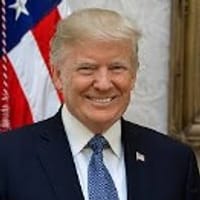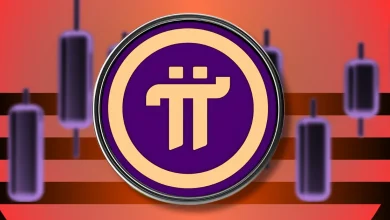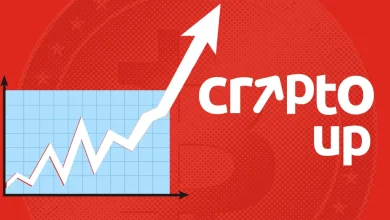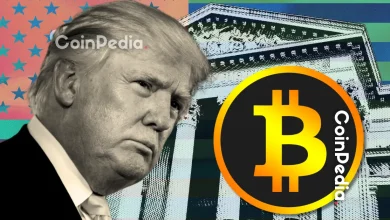
VanEck proposes strategies for the US to acquire Bitcoin for a strategic reserve without using taxpayer funds.
These strategies range from revaluing gold and issuing Bitcoin-backed bonds to selling surplus assets like cheese.
Some methods require congressional action, while others offer quicker implementation through existing government mechanisms.
Recently, U.S. President Donald Trump




From revaluing gold to selling off surplus cheese, VanEck has proposed unconventional ways for the U.S. to expand its Bitcoin holdings—without printing more money or raising taxes. Some of these ideas could be put into action quickly, while others would require major policy shifts. Either way, they open the door to a future where Bitcoin plays a key role in U.S. reserves.
Could these strategies actually work? Let’s break them down.
1. Revaluing Gold to Unlock Funds
The U.S. holds vast gold reserves, but they are valued at a much lower official price than their current market worth. VanEck suggests that Congress could update this valuation, instantly increasing the paper value of these reserves. The extra capital generated could then be used to buy Bitcoin—without printing new money or raising taxes.
2. Issuing Bitcoin-Backed Bonds
Another option is for the government to create and sell “Bitcoin-backed bonds.” Investors would buy these bonds, and a portion of the money raised would go toward purchasing BTC. When the bonds mature, the government could repay investors either in Bitcoin or U.S. dollars, offering a flexible investment opportunity.
3. Using Federal Reserve Surplus
Before 2015, the Federal Reserve was allowed to keep a larger surplus of funds. VanEck suggests bringing back this policy so that the Fed can build up extra reserves and use them to buy Bitcoin. This would provide a direct way for the government to acquire BTC without needing new congressional spending approvals.
4. Adding Bitcoin to IMF’s Special Drawing Rights
Special Drawing Rights (SDRs) are international reserve assets issued by the International Monetary Fund (IMF). VanEck proposes convincing the IMF to include Bitcoin in SDRs, making it a recognized global reserve asset. If approved, this would further cement Bitcoin’s role in international finance.
5. Selling Surplus Cheese for Bitcoin
The U.S. government holds large stockpiles of surplus cheese. VanEck suggests selling off these reserves and using the proceeds to buy Bitcoin. Since this involves selling existing assets rather than increasing spending, it wouldn’t impact the federal budget deficit. At the same time, it would help the government manage its excess inventory more efficiently.
6. Using the Treasury’s Exchange Stabilization Fund
The Exchange Stabilization Fund (ESF), controlled by the U.S. Treasury, is used to manage foreign exchange reserves and stabilize the dollar. VanEck’s final proposal is for the Treasury to use this fund to buy and hold Bitcoin. Since the ESF operates outside the normal budget process, this method would offer a more flexible approach to BTC accumulation.
VanEck’s proposals highlight several ways the U.S. could acquire Bitcoin without adding financial strain on taxpayers. While some ideas require congressional approval, others—like selling surplus assets—could be implemented quickly. If adopted, these strategies could reshape how the U.S. government approaches cryptocurrency investment.
Never Miss a Beat in the Crypto World!
Stay ahead with breaking news, expert analysis, and real-time updates on the latest trends in Bitcoin, altcoins, DeFi, NFTs, and more.











